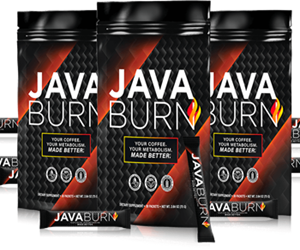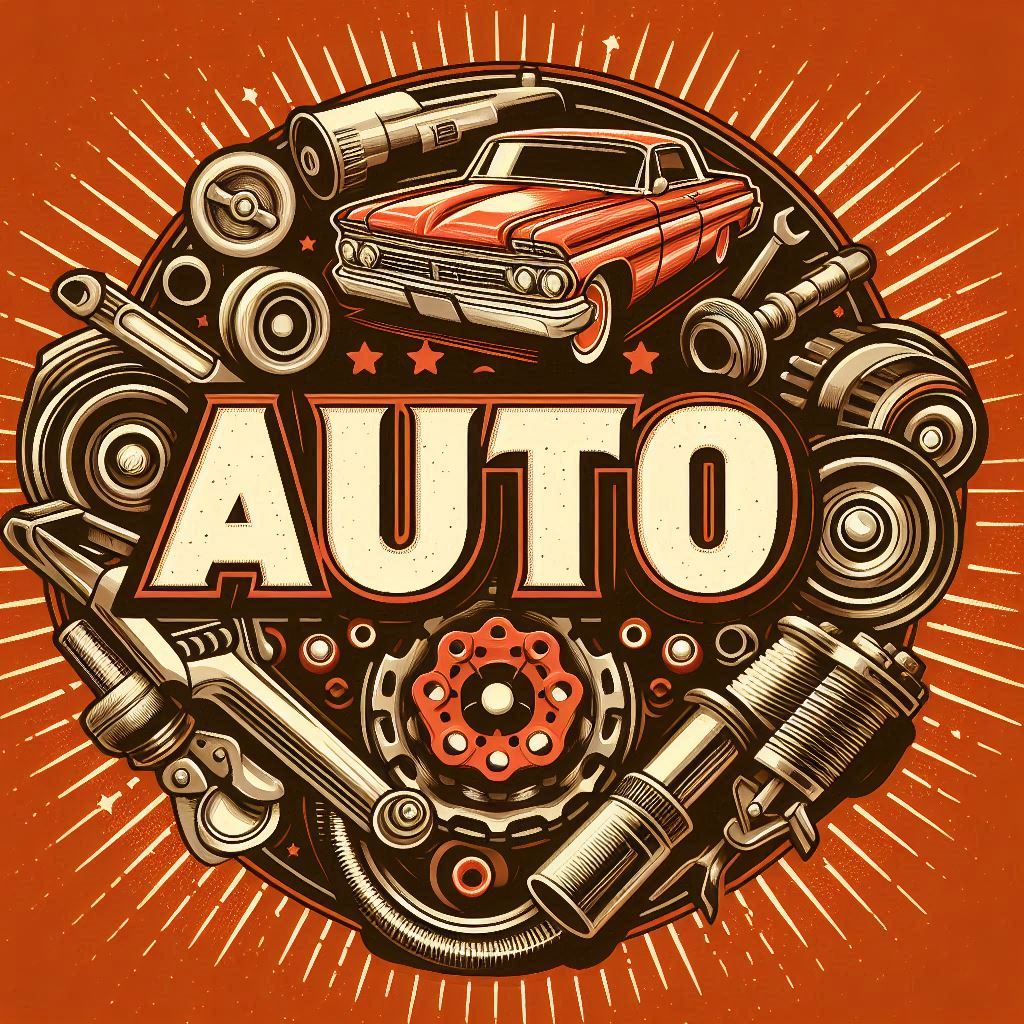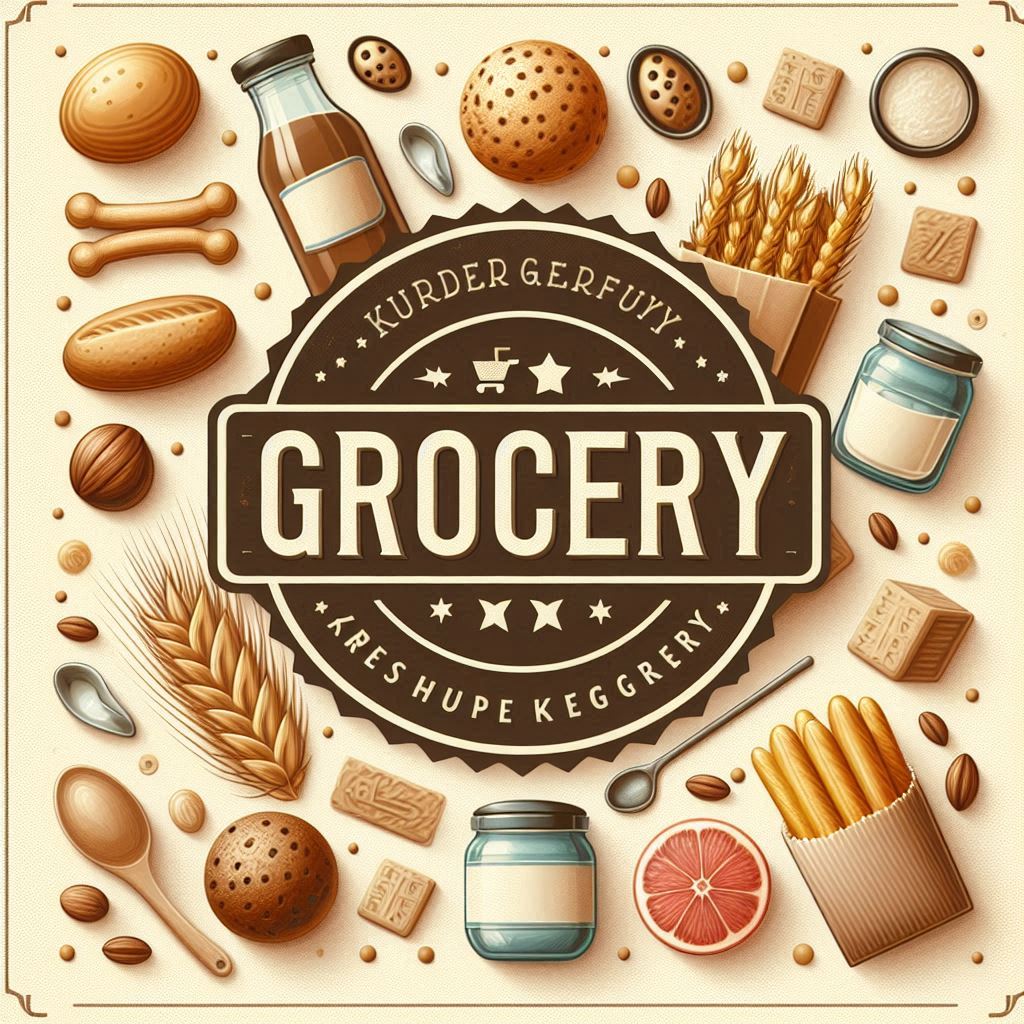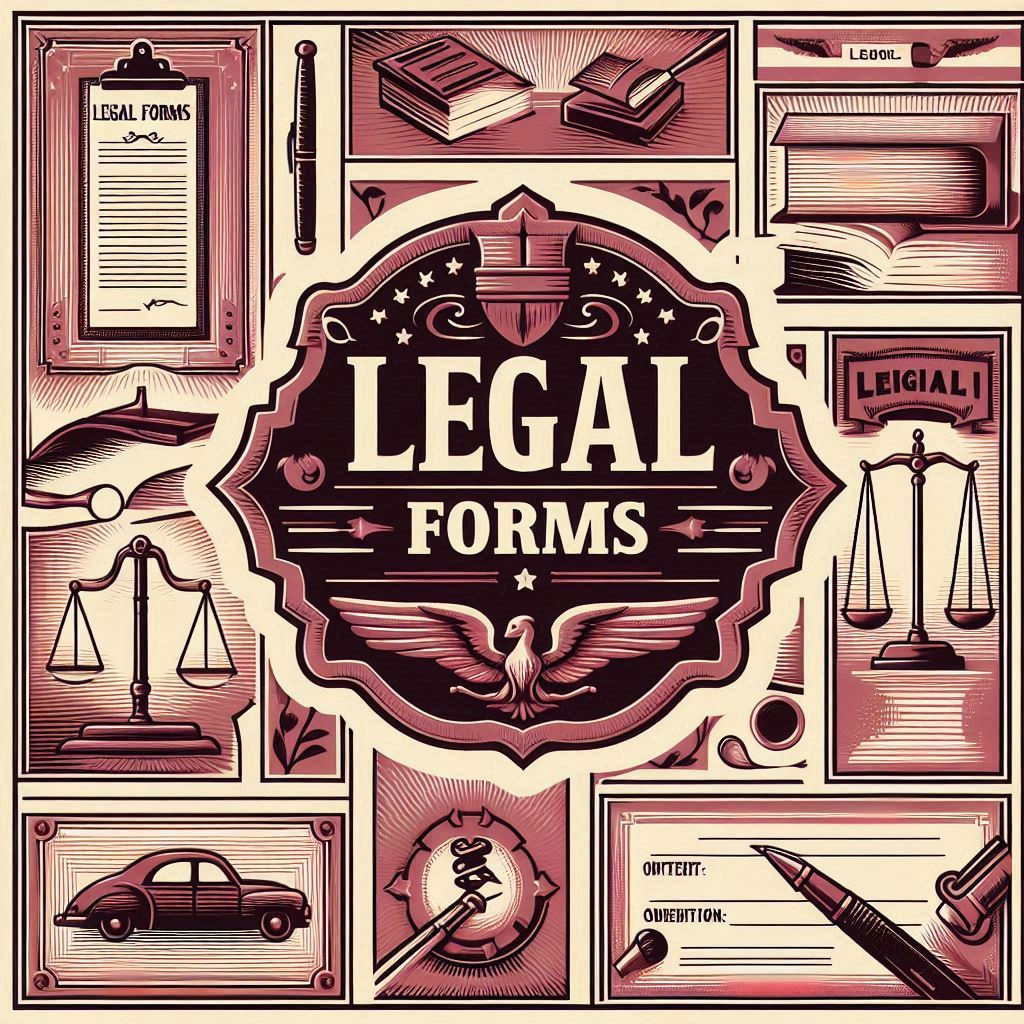The right fuel for your car can sometimes feel like a daunting task, especially with the various options available at the pump. Each visit to the gas station presents a choice between regular, mid-grade, and premium fuels, often leaving drivers wondering if the more expensive option is worth the extra cost. This decision is particularly challenging given the array of vehicles on the road, each with different engine requirements and performance capabilities. From compact cars to luxury sedans and high-performance sports cars, the type of fuel you choose can significantly impact your vehicle’s efficiency, longevity, and overall driving experience.
One of the most common dilemmas drivers face is whether to use regular or premium fuel. Premium fuel, with its higher-octane rating, promises better performance and engine protection, but at a higher price point. Regular fuel, on the other hand, is more affordable and widely used, but may not provide the same benefits for certain vehicles. Understanding the difference between these types of fuel, their specific benefits, and whether premium fuel is necessary for your vehicle can help you make an informed decision that balances performance and cost. By considering factors such as your car’s engine design, manufacturer recommendations, and your driving habits, you can ensure that you’re fueling your vehicle in a way that optimizes both its performance and your budget.
Understanding Fuel Grades
Fuel grades are differentiated primarily by their octane ratings, a measure of a fuel’s ability to resist “knocking” or “pinging” during combustion. Octane rating is a critical factor in fuel performance, as it indicates how well the fuel can withstand compression without spontaneously igniting. In internal combustion engines, fuel and air mixtures are compressed before being ignited by the spark plug. If the fuel ignites prematurely, it creates a knocking or pinging sound, which is the result of erratic combustion. This premature ignition, or knocking, can cause significant stress on engine components, leading to decreased performance, lower fuel efficiency, and potential engine damage over time.
Knocking is particularly problematic in high-compression engines, which are designed to generate more power by compressing the air-fuel mixture to a greater degree before ignition. Higher octane fuels are formulated to withstand this greater compression without igniting prematurely, making them essential for high-performance and luxury vehicles. Regular fuel, with an octane rating of around 87, is sufficient for most standard engines.
However, premium fuel, with an octane rating of 91 or higher, is necessary for engines with higher compression ratios to operate smoothly and efficiently. Using a lower octane fuel in a high-compression engine can lead to persistent knocking, which not only reduces the driving experience but also accelerates wear and tear on the engine. Understanding these differences in fuel grades and their impact on engine performance is crucial for maintaining your vehicle’s health and ensuring optimal performance.
- Regular Fuel: Typically has an octane rating of 87.
- Mid-Grade Fuel: Generally has an octane rating of 89.
- Premium Fuel: Usually has an octane rating of 91 or higher.
Higher octane fuels like premium are formulated to withstand higher compression before igniting, making them ideal for high-performance and luxury vehicles with engines designed to operate at higher compression ratios. These engines generate more power and efficiency by compressing the air-fuel mixture to a greater extent before ignition, requiring fuel that can endure this intense pressure without pre-igniting. Premium fuels prevent knocking and ensure smooth combustion, which is essential for maintaining the precision and performance that high-performance engines demand. Additionally, the use of premium fuel can enhance acceleration, optimize fuel efficiency, and protect engine components from premature wear, ensuring the longevity and reliability of the vehicle.
When to Use Premium Fuel
Manufacturer Recommendations
The most crucial factor in deciding whether to use premium fuel is your vehicle manufacturer’s recommendation. If your car’s owner’s manual specifies that premium fuel is required, it’s essential to use it to maintain optimal engine performance and avoid potential damage. These recommendations are based on the design and tuning of the engine. Using regular fuel in a car designed for premium can lead to knocking, reduced performance, and decreased fuel efficiency.
Performance and Luxury Vehicles
High-performance and luxury cars often require premium fuel. These vehicles typically have advanced engines with higher compression ratios that benefit from the higher-octane rating of premium fuel. Using premium fuel in these cars can enhance acceleration, maintain engine integrity, and ensure that the vehicle runs smoothly under various driving conditions.
Improved Engine Performance
Even if your car doesn’t specifically require premium fuel, there are scenarios where using it can be beneficial. Some drivers notice improvements in engine performance and fuel economy when using premium fuel, particularly in older engines or under strenuous driving conditions like towing or high-speed driving. Premium fuel can also help keep your engine cleaner, reducing deposits that can form over time.
Situations Where Premium Fuel May Not Be Necessary
Vehicles Designed for Regular Fuel
If your car is designed to run on regular fuel, using premium may not provide significant benefits. Modern engines are equipped with advanced technologies such as knock sensors that adjust the engine’s timing to accommodate different fuel types. In these cases, using regular fuel will not harm your engine or significantly impact performance.
Cost Considerations
Premium fuel is generally more expensive than regular fuel, often by 20-30 cents per gallon or more. For drivers on a budget or those who drive frequently, the additional cost can add up over time. If your vehicle runs efficiently on regular fuel, there may be little justification for the added expense of premium fuel.
Conclusion
Deciding whether to use premium fuel depends largely on your vehicle’s specific requirements and your driving habits. If your car’s manufacturer recommends or requires premium fuel, it’s essential to follow those guidelines to ensure optimal performance and longevity of your engine. For high-performance and luxury vehicles, premium fuel can provide noticeable benefits in power and efficiency.
However, for many standard vehicles designed to run on regular fuel, the benefits of using premium may not justify the additional cost. Always consult your owner’s manual and consider factors such as engine type, driving conditions, and budget when making your decision.
Ultimately, understanding your vehicle’s needs and how different fuel types can impact its performance will help you make the best choice, ensuring your car runs smoothly and efficiently for years to come.
Frequently Asked Questions (FAQs)
1. What is the difference between regular and premium fuel?
Regular fuel typically has an octane rating of 87, while premium fuel has a higher-octane rating of 91 or more. The higher-octane rating helps prevent engine knocking in high-performance engines.
2. Can using regular fuel in a car that requires premium fuel damage the engine?
Yes, using regular fuel in an engine that requires premium can cause knocking, reduce performance, and potentially damage the engine over time.
3. Will premium fuel improve my car’s performance if it only requires regular fuel?
In most cases, if your car is designed to run on regular fuel, using premium fuel will not provide significant performance benefits.
4. Is premium fuel worth the extra cost?
Premium fuel is worth the extra cost if your car requires it or if you drive a high-performance vehicle. For standard vehicles designed for regular fuel, the benefits may not justify the additional expense.
5. How do I know if my car requires premium fuel?
Check your vehicle’s owner’s manual for the manufacturer’s fuel recommendations. It will specify whether premium fuel is required or recommended.
6. Can using premium fuel increase fuel efficiency?
In some cases, premium fuel can improve fuel efficiency, particularly in high-performance engines. However, the difference may not be significant in cars designed for regular fuel.
7. What happens if I accidentally use regular fuel in a premium-required vehicle?
If it happens occasionally, it may not cause immediate harm, but you should avoid making it a habit. Continuously using regular fuel in a premium-required vehicle can lead to engine damage.
8. Are there any long-term benefits to using premium fuel in a regular fuel vehicle?
There are generally no long-term benefits to using premium fuel in a vehicle designed for regular fuel. The engine will not take full advantage of the higher-octane rating.
9. Do all high-performance cars require premium fuel?
Most high-performance cars are designed to run on premium fuel due to their higher compression engines. Always refer to the owner’s manual for specific fuel requirements.
10. Can premium fuel help clean my engine?
Premium fuel often contains higher-quality detergents that can help keep the engine cleaner and reduce deposit buildup, which can be beneficial in maintaining engine performance over time.




































